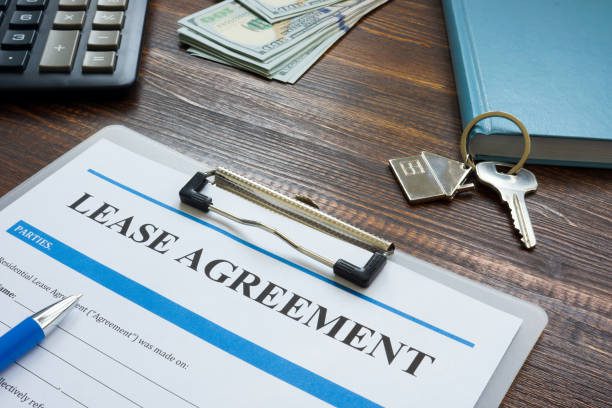You did it, you finally bought the perfect mid-century modern home with a spacious backyard to entertain your family and friends. You even scored an outstanding mortgage loan with a fantastic 30-year fixed rate. Well done! So you can sit back and relax for three decades, right? As long as you’re budgeting each month for that mortgage payment—for the next 360 months—you’re good to go? Or, maybe now is the exact right time to set some long-term mortgage goals. Just as each homeowner is unique, your mortgage goals are, too. Setting long-term goals may be the best financial decision for you to make since buying your home. Our team at Corken + Company found this list of mortgage goals helpful for any trying to figure out the best long-term plan, ideal for your future.
Pay off your mortgage faster:
You may have just gotten your loan and moved into your new house, but perhaps you’re already planning how you can rid yourself of those monthly mortgage payments. Paying off your mortgage early can provide financial stability and help you save money in the long run because you’ll accrue less interest.
“Biweekly payments on a 30-year mortgage will allow you to pay the home off seven years early,” says New York-based Ralph DiBugnara, president of Home Qualified and senior vice president of Cardinal Financial.
First, check to see if your lender charges a prepayment penalty. If not, then there are several ways to pay off your mortgage faster:
Make biweekly payments instead of monthly mortgage payments.
Round up your mortgage payments. The amounts may be small, but they will make a difference.
Send unexpected income to the mortgage company to pay down your loan.
Save money on your mortgage:
Having that massive mortgage hanging over your head doesn’t feel great. So if you’d like to save money on your mortgage, a few strategies can help reduce the overall cost:
Refinance your mortgage. It might seem like it’s too soon to think about it, but locking in an even lower interest rate or changing the terms of your loan can help you save a significant amount of money in the long run.
Make an extra payment each year. For example, just one additional annual payment on a $250,000 loan with a 3.75% interest rate could translate into paying off the loan balance two years earlier and saving thousands in interest charges.
Extend the payment period on the mortgage:
Maybe you overestimated your ability to make the higher monthly payments with the shorter mortgage term. It is possible for those who signed a 15-year mortgage to switch to a 30-year mortgage. There are, of course, pluses and minuses to both.
Extending the term will result in significantly smaller monthly payments, but it will also mean more accumulated interest over the extended period. But adjusting your mortgage term can make the most sense if you juggle high-interest debt, pay off multiple loans, or not keep up with your overall monthly bills.
Use the cash for investments:
Maybe your personal mortgage goal has nothing to do with paying your mortgage faster or saving money. Instead, you might have an opportunity to invest in something with a guaranteed higher return, or you want to use the cash for home improvements.
Depending on how long you’ve owned the house, you could be sitting on significant equity. You can tap into that equity by refinancing or taking out a home equity loan.
Some homeowners can also use the money from refinancing to pay down higher-interest debt like a credit card, medical bills, or even a child’s college tuition. Another plus? Paying a mortgage can help homeowners realize a more significant tax advantage from writing off the mortgage interest versus the interest on credit card debt.
Do nothing:
Sometimes the best thing a homeowner can do is nothing at all. You’ve already locked in an amazingly low-interest rate on a 30-year fixed mortgage that you are comfortable paying down at your own pace. In that case, your mortgage goal is to write those checks each month. By not refinancing, you can take comfort in avoiding restarting the amortization schedule and not extending your debt horizon into the distant future.
Learn more about mortgage goals at:
https://www.realtor.com/advice/finance/mortgage-goals-which-one-is-right-for-you/





